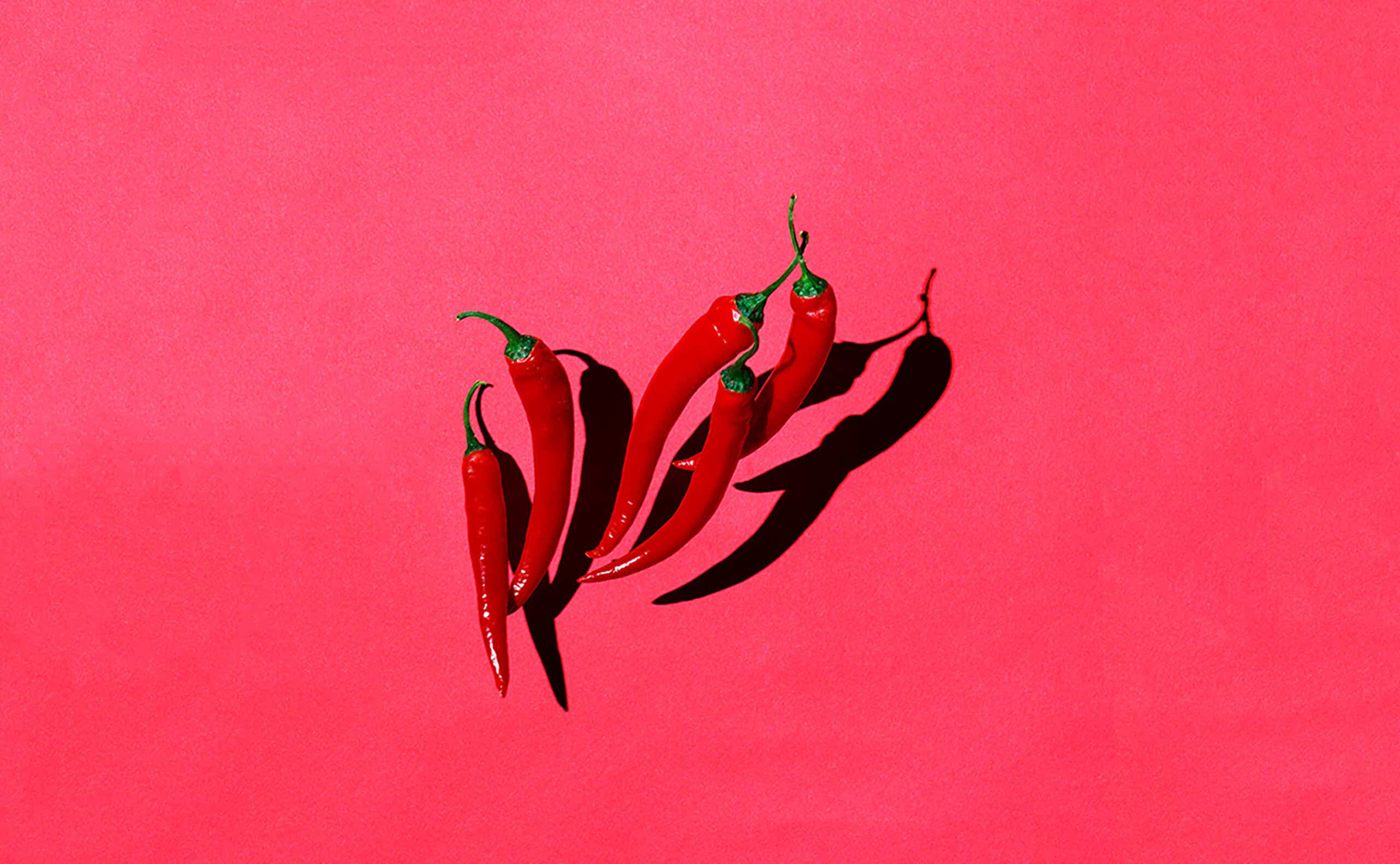For many people, heartburn is a minor but persistent annoyance. (Sixty million of us experience it at least once a month.) But for others, it can be so frequent and so unpleasant that it interferes with their quality of life. And certain food and lifestyle choices can definitely make the symptoms worse.
While cutting back on foods that commonly trigger heartburn isn't necessary for everyone, it can help manage those sporadic flare-ups you might occasionally feel in your chest after downing your favorite spicy Chinese food, or when you lie down on the couch right after leaving the dinner table.
We enlisted the help of our go-to health expert Maya Feller, MS, RD, CDN, who also wrote her own healthy Southern comfort food cookbook, to clear the air on all things related to nutrition and heartburn: how much is a normal amount to experience, which foods can cause it to flare up, and which foods can help neutralize it. Plus, Feller shares when — if things escalate — it might be time to see a doctor.
What causes heartburn?
If you get a prickly sensation in your chest after eating, that’s most likely acid reflux or heartburn. It occurs when intra-abdominal pressure causes the lower esophageal valve (LES) in your stomach to relax too much, allowing your stomach acid to flow upwards in the wrong direction. "The backflow of the contents in your stomach up into the esophagus causes heartburn,” says Feller.
Is it normal to get heartburn after eating?
“In the health and nutrition field, we ask if something is extraordinary or not,” says Feller. “Sometimes you can have heartburn after a particularly large meal, if you've eaten something really spicy, or if you’re taking certain medications,” says Feller. “But if it becomes really persistent, then that’s extraordinary.”
It’s normal for heartburn to flare up from time to time, but if you’re feeling uncomfortable after every meal, you might suffer from a more chronic condition called GERD (gastroesophageal reflux disease). Untreated, it can increase your risk of esophageal cancer, damage scar tissue, and create stomach ulcers.
How to get rid of heartburn
While reaching for Pepto Bismol might provide immediate relief, it doesn’t solve the root cause of the issue. “It's kind of like if you have persistent headaches and you just take Tylenol,” says Feller. If you’re reaching for over-the-counter meds to treat your symptoms more than twice a week, according to the Mayo Clinic, it’s time to book an appointment with a gastroenterologist.
For temporary relief, the Mayo Clinic recommends nonprescription medications like antacids, H2 blockers (like Pepcid AC), or proton pump inhibitors (like Nexium, Prevacid, and Prilosec), all of which can reduce stomach acid. But relying on proton pump inhibitors for too long can cause you to experience rebound reflux when you eventually quit taking them, so avoid using them for longer than 8 weeks consecutively.
Do certain foods cause heartburn?
Absolutely — especially if you have GERD. Anything super spicy (think: chili powder and black and cayenne pepper), fried, fast, and high-fat foods (like bacon), peppermint, cheese, chocolate, coffee, and alcohol can all trigger heartburn, according to Feller.
Besides what you eat, certain lifestyle choices or changes can also enhance acid reflux. “If you eat and then lie down soon afterward, it's more likely for that backflow to happen, as opposed to staying upright after eating,” says Feller. “That’s why you’ll hear about how you shouldn’t go to sleep right after having a meal.” Some people also develop heartburn during pregnancy. “The growth of the fetus actually pushes up and relaxes the esophageal sphincter,” says Feller.
Should I avoid acidic foods?
This is a common misconception. Many researchers now believe that acid reflux is triggered in part by having too little acid in the stomach, so there's no reason for you to avoid high-acid foods like citrus fruits. One interesting fact supporting that hypothesis: It's common for people to experience more GERD as they age, but as people age, their stomach acid levels generally decline.
These modern researchers argue that the intra-abdominal pressure that causes the LES to malfunction is caused by a low-acid environment — since the insufficient acids in the stomach aren't properly destroying the bacteria in the foods we eat. Though the science is still young, proponents of the low-acid theory actually recommend stimulating the production of stomach acid via homeopathic remedies, like taking apple cider vinegar (ACV), digestive bitters, betaine HCl, and deglycerrhizinated licorice (DGL).
What foods don’t trigger heartburn?
Foods that are well-tolerated for most people include lean animal proteins, fruits, vegetables, beans, nuts, seeds, and grains. “Those should all be absolutely fine to consume,” says Feller.
Can drinking a glass of milk help soothe heartburn?
If you’re ever accidentally downed an extraordinarily spicy pepper, you might’ve heard you should wash it down with milk, not water. Does that same rationale apply when you have heartburn? Don’t reach for that gallon jug quite yet. “The fat in milk can actually aggravate reflux,” says Feller. “If you’re drinking very high-fat milk, it can actually make the reflux and heartburn worse.”
The information provided on this site isn’t intended as medical advice, and shouldn’t replace professional medical treatment. Consult your doctor with any serious health concerns.












